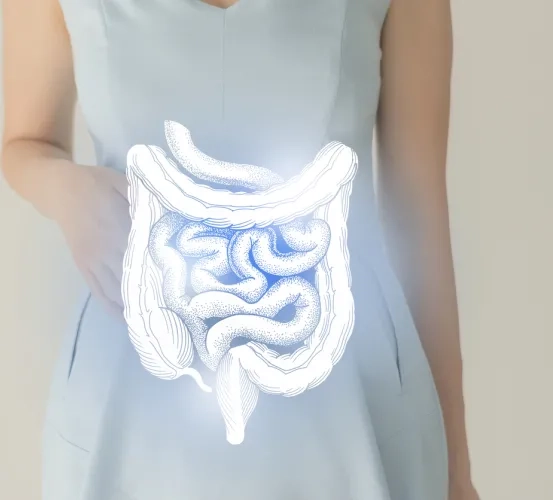
NIH Tests Fecal Transplant in Chronic Granulomatous Disease-Associated Colitis
Researchers at NIH are testing a new therapy in patients diagnosed with colitis due to chronic granulomatous disease (CGD). The research aims to see if restoring the gut microbiome reduces inflammation in the colon.

Dive into How Processed Foods Affect Your Health!
Diets worldwide include both processed and unprocessed foods. Researchers at the National Institutes of Health (NIH) in Bethesda, Maryland seek adult volunteers between 18-60 years old to participate in a study examining how processed and unprocessed foods affect metabolic health. Participants will be required to remain at the NIH Clinical Center for one 4-week stay and eat only the foods provided.

Vaccine Responses in Patients with B Cell Malignancies

A Study of Anti-Cancer Drug Abemaciclib on Brain Tumors

Exploring Near Infrared Spectroscopy (NIRS) Technologies for Assessment of Muscle Physiology, Tissue Oxygenation, and Blood Flow in Patients with Sickle Cell Disease (SCD)

The NIH Mini Study: Metabolism, INfection and Immunity in Inborn Errors of Mitochondrial Metabolism

NIH Tests Fostamatinib for Post-Transplant Cytopenia(s)
After stem cell transplantation, some people develop hard-to-treat anemia (low red blood cells) or thrombocytopenia (low platelets). Cytopenia(s) or low blood cell counts make you weak, prone to bleeding and bruising, and dependent on blood product transfusions. Researchers at the National Institutes of Health (NIH) are testing the drug fostamatinib to see if it is safe to treat cytopenia(s) after stem cell transplantation. A physician referral is not required to participate.

